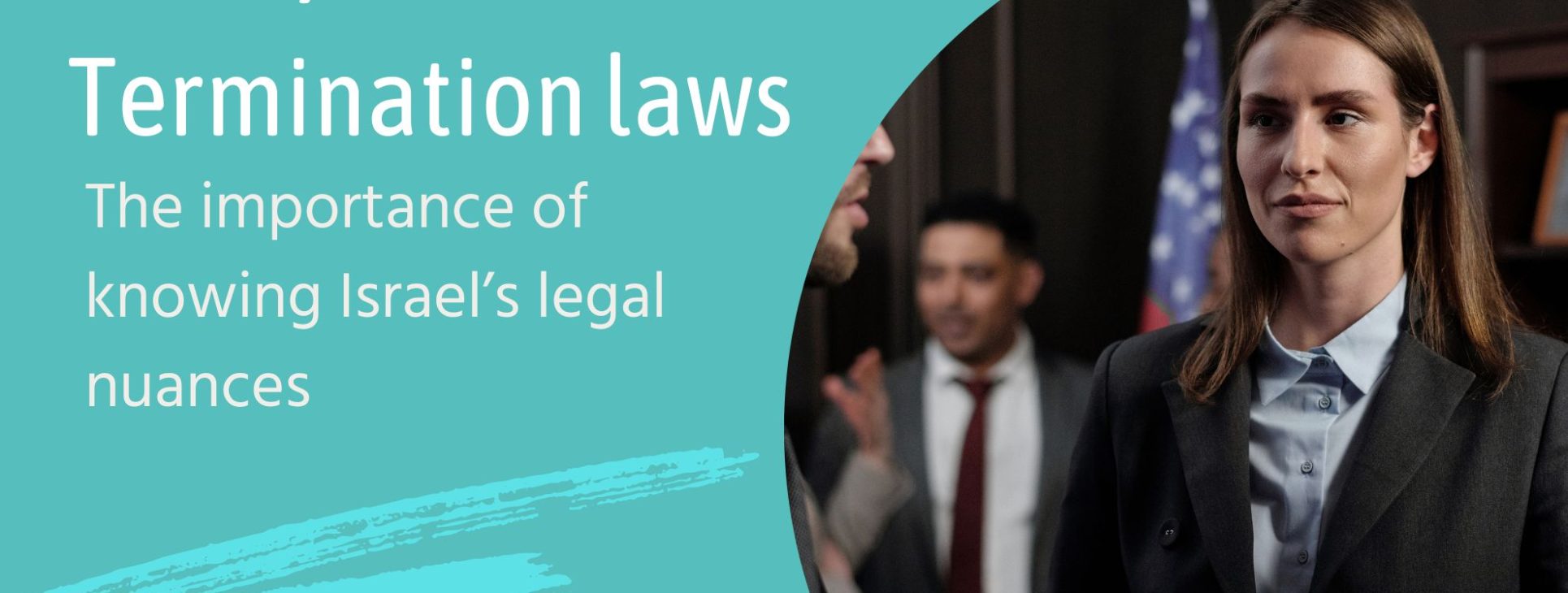At CWS Israel, we recognise the profound implications of navigating the intricate world of international employment. A standout instance underscoring the critical nature of understanding Israel employment laws can be seen in the tale of a senior coordinator in an Israeli company. This story is a powerful testament to the importance of mastering the country’s legal nuances, reminding us that even a minor oversight can lead to significant legal repercussions.
A recent case in Israel involved an employee who worked as a senior coordinator in a company for several months. The employee was absent from work due to illness and remained absent until her maternity leave. During a conversation she had with the payroll department before going on maternity leave, the employee asked to clarify why her last paycheck was lower than usual. She was informed that a message was received from the Human Resources department stating that her employment was suspended, resulting in a “salary freeze.”
In her lawsuit, the employee claimed that she was terminated without her knowledge, as she was on sick leave and pregnant at the time of her dismissal. On the other hand, the employer argued that the employee was not terminated but had not reported for work since her sick leave, and all attempts to contact her were unsuccessful. The employer also claimed that the payroll discrepancy was due to a mistake in the calculations and that prior to that, it had been clarified to the employee that the salary suspension was due to the exhaustion of sick leave and vacation days.
After considering the presented evidence, the court determined that the employee was not terminated from her employment. The court based this determination on the employer’s actions. The court emphasised that it is not reasonable for a decision on termination to be made without a formal written notice. Moreover, clear messages were sent to the employee indicating the continuation of the employment relationship, such as messages sent when she went on early maternity leave, requesting a medical certificate for the estimated date of delivery.
Additionally, the court stated that the employee chose to rely on information from the payroll department, which explicitly directed her to clarify the issue with the Human Resources department or the relevant factors in her unit. However, the employee did not act on this and did not respond to the employer’s inquiries, effectively severing all contact with the employer due to her mistaken perception that she had been terminated.
The court concluded that the employee was not terminated from her employment since she did not meet the burden of proof and did not demonstrate that the employer’s behaviour indicated an intention to terminate her. In light of this determination, the employee’s claim for compensation for failure to hold a hearing, wrongful termination, and violation of the Equal Opportunities in Employment Law and the Women’s Labor Law was rejected, and the employee was also ordered to pay legal costs.
Navigating the complexities of international employment laws, especially in a hub of innovation like Israel, requires both expertise and a human touch. This case underlines the significance of understanding these laws and the imperative of seeking professional counsel when in doubt. At CWS Israel, our mission revolves around championing remote Israeli talent while ensuring compliance and empathy are at the forefront. We take pride in fostering an environment where employers and employees thrive, underpinned by trust, transparency, and mutual respect. Remember, it’s not just about getting the job done; it’s about getting it done right, with care and understanding at every step.


